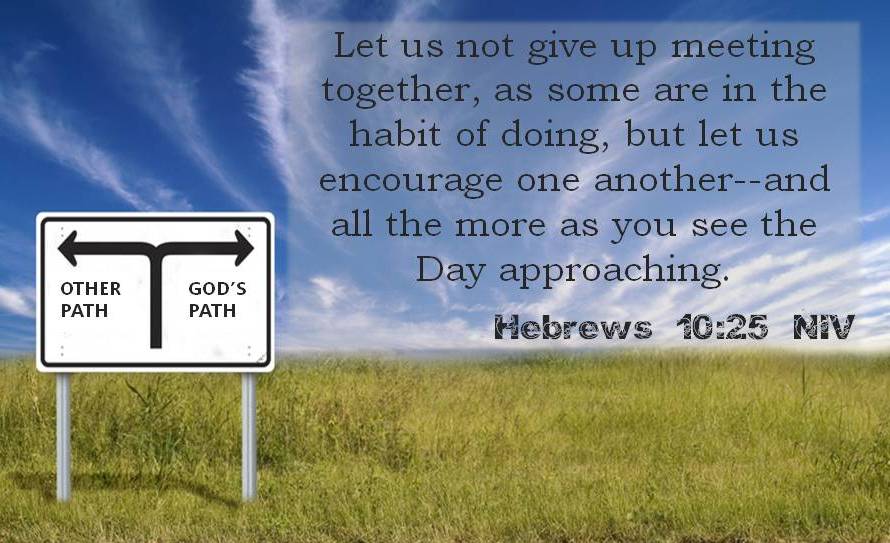Home | About Us | Directions | Bulletins | Sermons & Audio | Cross Of Christ Studies | Classes | Student and Parent Resource Page | Dangers Facing the "Non-Traditional"
Knowing the Certainty
by Lowell Blasingame
One reason given by Luke for his writing Theophilus was that he might “know the certainty of the things” that he had been taught (Lk. 1: 3-4). Safety is another word given in lexicons for certainty.
There are some realms in which one may be taught that which is not certain and it not materially affect him, but there are others in which certainty is a matter of utmost importance. It is not enough for one just to think that he is right; he needs to be certain. I worked for a short time for a business that installed plate glass windows. One of the things about the man in charge of installation that impressed me was his carefulness for certainty. I’ve often held the measuring tape while he measured the window, then measured and marked the glass with a chalk line, and then back we would go and recheck the measurements of the window before he would mark the glass with the cutting instrument. Knowing the certainty of the measurements was essential to a properly fitted window and insurance against ruining a valuable piece of glass.
Many in religion are not overly concerned about the certainty of the things which they are being taught. I once asked a man who was attending services where I was preaching, and who was not a member of the church, if his convictions were different from what he had heard me preach, and if they were, for the opportunity to discuss them with him. His reply was that he did differ with me on some things but that he was afraid to discuss them for fear that I’d show him that he was wrong. There are many like this, but not as honest as this man in admitting it. They have been taught that just so long as one is honest and sincere, what he believes and practices in religion is not important. This is not so.
We should be concerned about the certainty of the things that we are being taught in religion. The Bible warns against our being spoiled through philosophy and vain deceit (Col. 2:8), our minds being corrupted from the simplicity which is in Christ (2 Cor. 11:3) and our being deceived by false teachers (Matt. 7:15).
Have you been taught that one church is as good as another, that salvation is by faith only, that a child of God cannot fall from grace or that one does not have to be baptized in order to be saved? Did you measure these things by what the Bible teaches to determine the certainty of them or were you content to accept them as true just because you heard some preacher say that they are taught in the Bible?
Our soul is our most precious possession and for that reason we need to be concerned about the certainty of the things that we believe. – Truth Magazine, Feb. 4, 1971.
Other Articles by Doy Moyer
As Long As It Doesn't Harm Anyone
Pathetic Dust or a Living Hope
You May be Surprised to Learn
Moralizing Over the Gospel
Alcohol and Wisdom
Brotherly Love
The Logic of Authority
Was Jesus Literally Forsaken?
Baptism and the Blood
The Problem With Creeds
For Past Auburn Beacons go to:
www.aubeacon.com/Bulletins.htm
Anyone can join the mailing list for the Auburn Beacon! Send your request to:
larryrouse@aubeacon.com









